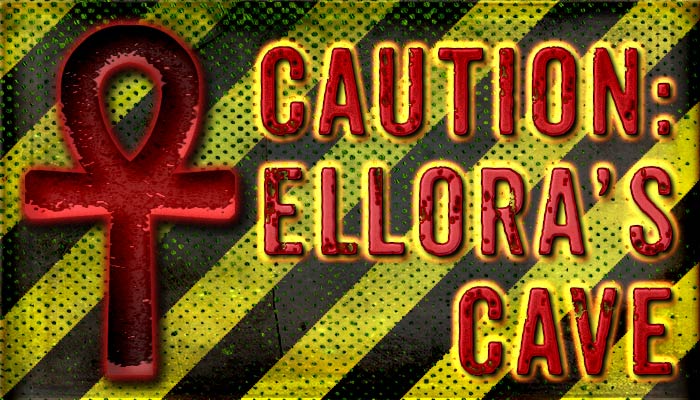Ellora's Cave: On Dear Author and CDA § 230
08 November 2014

Riffing off Courtney Milan’s post here.
While I haven’t followed appellate cases on the Communications Decency Act § 230 the way Courtney has, the first thing I did after reading Dear Author’s answer was to read up on existing case law. Like Courtney, I didn’t see any that applied to something similar to the Dear Author situation.
As Courtney points out, most of the CDA § 230 cases involve larger companies completely unrelated, legally speaking, to the person who wrote the content in question at the heart of the suit.
Rick and I talked a lot about the implications, some before I wrote this post about DA’s answer, and some after it, but every time we talked about it, we agreed that, at its heart, the CDA does protect Dear Author LLC.
The fact of a separate legal person isn’t even an issue here.
For example, say you’ve let an author write a guest post on your own blog and you’re unincorporated. You get commenters too.
Is that still an interactive computer service?
Here’s the CDA definition again:
The term “interactive computer service” means any information service, system, or access software provider that provides or enables computer access by multiple users to a computer server, including specifically a service or system that provides access to the Internet and such systems operated or services offered by libraries or educational institutions.
Yep, that still applies.
In reading the definitions, here are some examples:
- “Interactive computer service” – a blog
- “Information content provider” – the writer of a specific blog post (or a specific comment)
- “Access software provider” – WordPress or Blogspot or whomever
I said this before:
In other words, because Jane Litte, the pseudonymous author of the Curious post, is not Dear Author LLC, the LLC providing the Dear Author service offering the Curious post, Dear Author LLC is not liable for any statements Jane Litte made.
That’s true in this case (my opinion, not yet set in legal precedent afaik), but it shouldn’t actually matter that these are different legal persons.
If I wrote my own blogging software and someone wrote and posted a guest post, I as the publisher and software writer—but not the information content provider—should still be protected.
So What Does This Mean As Far As the Dear Author Case?
A legal case is about triable matters of fact and applying legal investigation methods (discovery) to determine those facts and settle what points of law apply to them.
At the point where the matters of fact are determined and it has become a simple matter of law, a party can move for summary judgment, moving to apply that matter of law to that set of facts. (And then the other party typically opposes with their own brief, and the judge rules, sometimes asking for a hearing first.)
Here’s a quote from a free legal dictionary.
Two criteria must be met before summary judgment may be properly granted: (1) there must be no genuine issues of material fact, and (2) the Movant must be entitled to judgment as a matter of law.
I believe this is a matter of law that’s clear about DA being entitled to judgment. After all, CDA § 230 states:
It is the policy of the United States—
- to promote the continued development of the Internet and other interactive computer services and other interactive media;
- to preserve the vibrant and competitive free market that presently exists for the Internet and other interactive computer services, unfettered by Federal or State regulation;
…and…
No provider or user of an interactive computer service shall be treated as the publisher or speaker of any information provided by another information content provider.
Dear Author is not Jane Litte.
It doesn’t matter that this is a novel application of CDA § 230. That’s why you hire someone like Marc J. Randazza: because a great lawyer thinks outside the box of existing case law and looks to intents behind the laws.